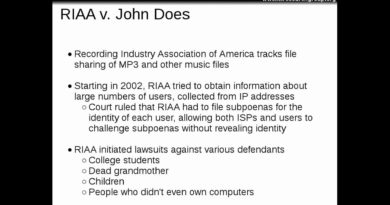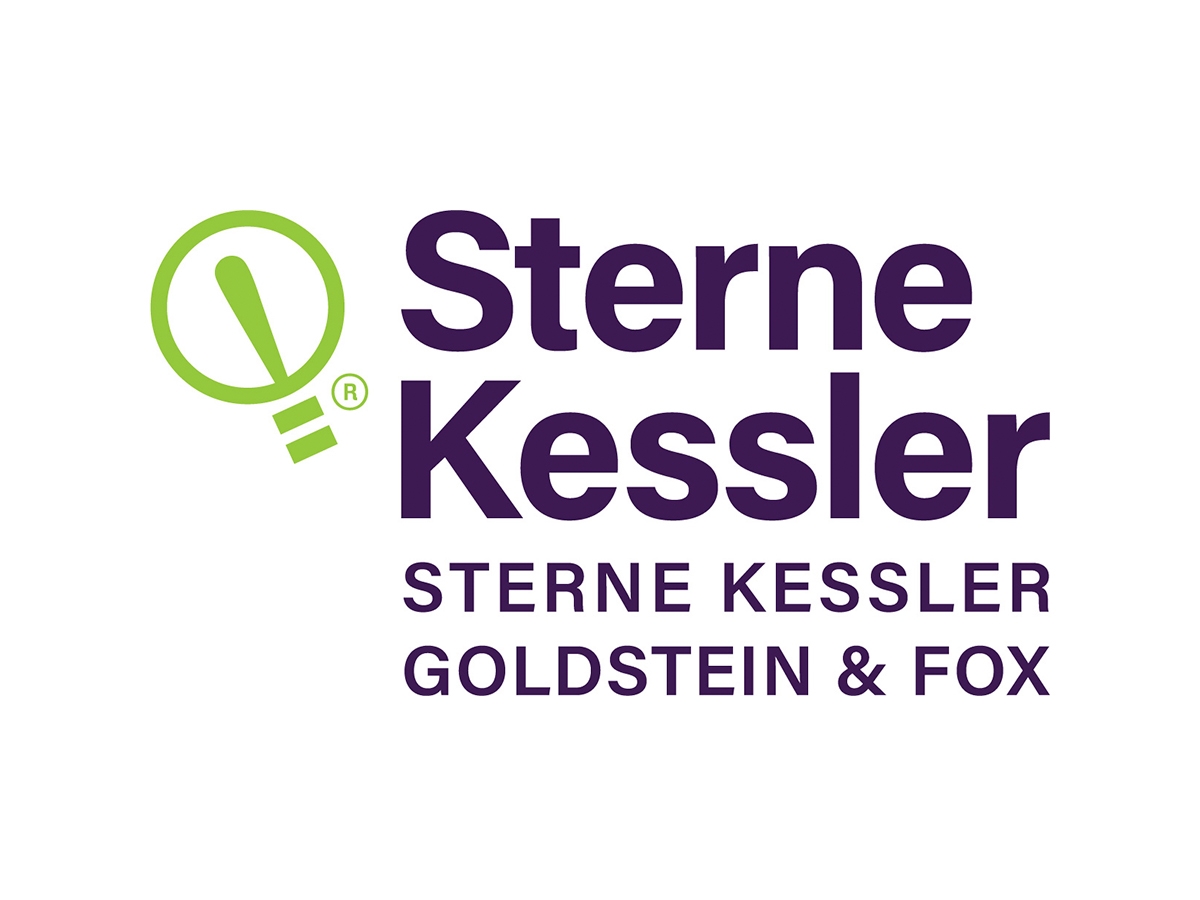Wolf, Greenfield & Sacks, P.C.
On the 20th of December 2024, the Court of Appeals of the Federal Circuit issued a significant decision in Teva branded pharmaceutical products R&D v. Amneal Pharmaceuticals, which impacts Orange Book (OB), listings for patents relating to FDA-approved drug/device combinations. Patentees of New Drug Applications (NDAs), which are directed at drug/device combination products, should review this decision in order to ensure that the listing processes for the Orange Book (OB) comply with the Federal Circuit standards. Patents that only claim the device, or its components, but do not mention the active pharmaceutical ingredient (aka API) in the approved drug should not be listed. This decision is important because it reduces the risk of antitrust lawsuits for improper OB listing, from both private litigants as well as the Federal Trade Commission. The FTC has recently taken a more outspoken and public role in policing OB. However, questions regarding the OB listability of patents related to drug/device combinations remain.
Orange Book Background
The Orange Book (so named for the orange cover of the FDA publication, which is actually titled Approved Drug Products with Therapeutic Equivalence Evaluations) provides a list of drug products approved by FDA on the basis of safety and effectiveness, along with corresponding exclusivity and “patent information” for those products. The sponsors of NDAs are required to submit “patent information” for FDA for any patents that claim the drug or method of use that is the subject matter of the application. A claim of patent infringement can be made for unlicensed manufacture, use, and sale of the product. While submission of patent information for OB listing is mandatory, FDA does not substantively review listing requests, viewing its role as purely “ministerial.”
Orange Book listing is important because, under the Hatch-Waxman framework, OB listing of a patent can trigger an automatic 30-month stay preventing FDA from approving a proposed generic version of the relevant approved product under certain circumstances. Improper OB listing can accordingly give rise to claims for antitrust violations where it results in an unjustified delay in generic product approval.
Background of the Teva v. Amneal Litigation
Teva holds an approved NDA for its ProAir(r) HFA Inhalation Aerosol product, which permits Teva to market and sell an inhaler device that administers the API albuterol sulfate. Teva listed several patents for ProAir(r), HFA in the OB, including several claiming the device portion of approved drug products (such as the metered-dose inhaler dose counter or inhaler canister). Amneal submitted an Abbreviated New Drug Application to the FDA to seek approval to market a Generic version of ProAir(r). It provided a “paragraph 4 notice” to Teva stating that its proposed generic product wouldn’t infringe Teva’s OB-listed Patents. Teva sued Amneal based upon certain OB listed patents and invoked an automatic 30-month stop to prevent FDA from approving Amneal’s ANDA. Amneal responded by filing counterclaims for antitrust violations and requesting court-ordered delisting of Teva’s patents as being improperly listed. The court ordered Teva delist these patents. The Federal Circuit’s decision
On the Federal Circuit’s appeal, it lifted the stay and affirmed that the district court had ordered Teva to remove its patents from OB. In particular, the appeals court held that, in order to list a patent in the OB, “the patent must claim at least the active ingredient.” Because none of Teva’s asserted patents included a claim reciting the API albuterol sulfate, they were improperly listed.
Outstanding Questions for Orange Book Listings for Drug/Device Combinations
Assuming the Supreme Court does not disturb the Federal Circuit’s decision, this case makes clear that patents that fail to recite the API of the product that is the subject of an NDA cannot be listed in the OB. There may be other challenges to OB listings of drug/device combinations patents. The Federal Circuit has declined to address Amneal’s separate argument that Teva’s patents should not be listed in the OB because they are not “drug-substance or drug-product patents” as required by the Hatch Waxman statute as amended by the Orange Book Transparency Act of 2021.






